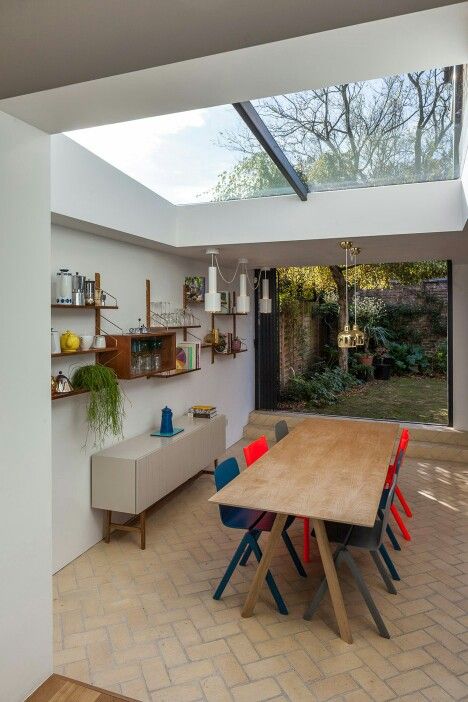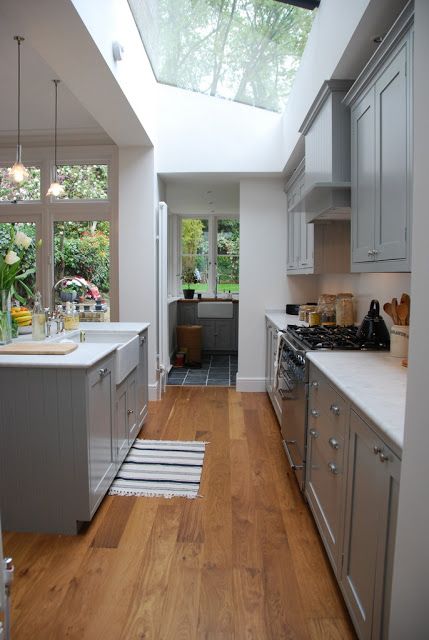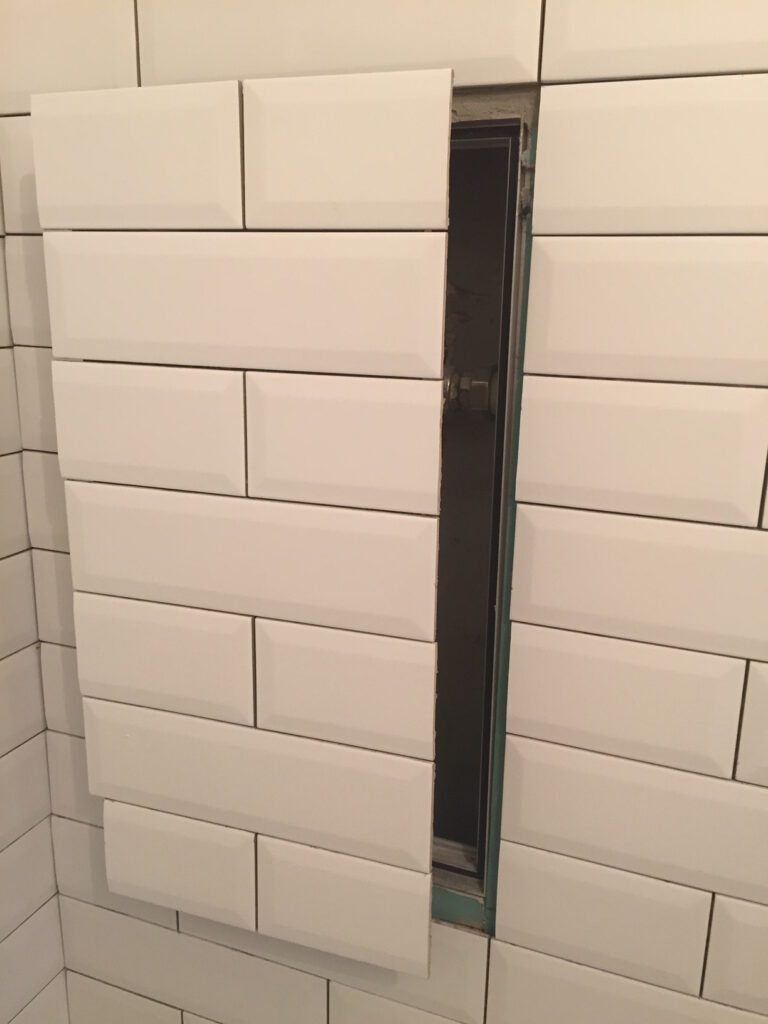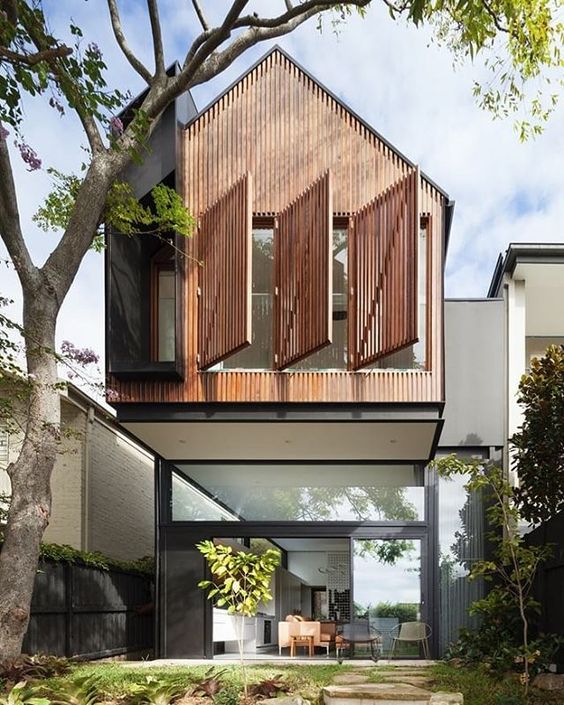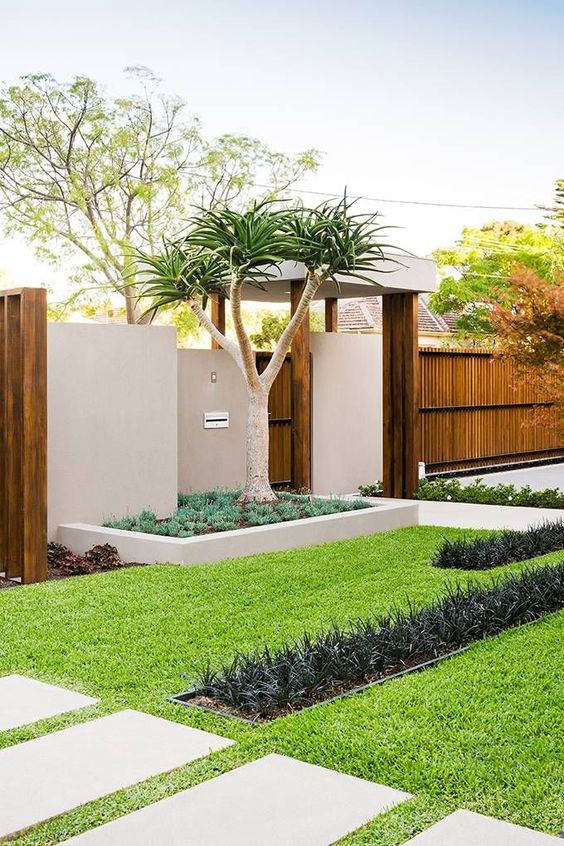Room for Improvement: Planning a House Extension
Extending your home can be a great investment. You not only get extra space but you also improve your home’s market value. Extensions range from adding a few more square feet to the living room to multi-room, double-story additions.
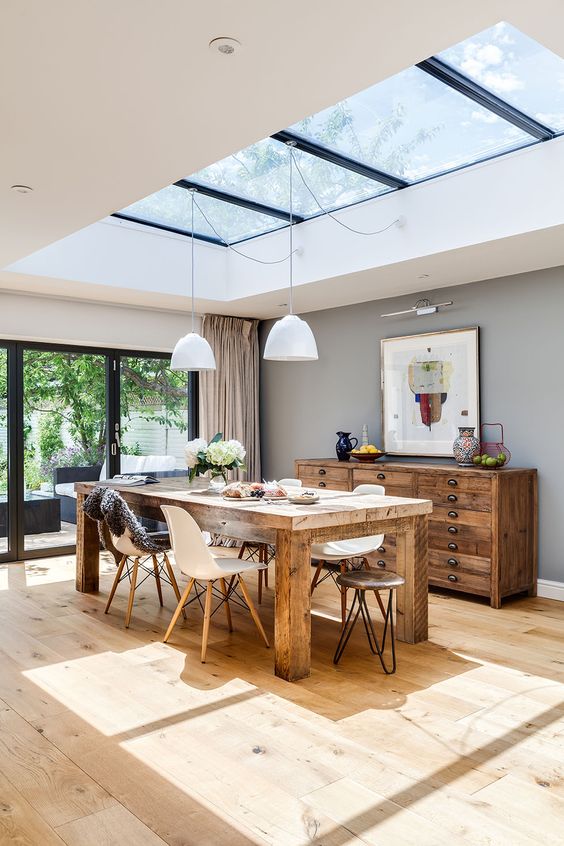
However, without knowing enough about the law, design, construction and planning, many things could go wrong.
Here are 6 things you should know before planning a home extension.
Hiring a builder
It can be difficult to know where to start with your extension. So you’ll need to figure out who you’re going to hire before any progress can happen. However, hiring the right builder for your home extension can be tricky.
To better your chances of getting the right builder, here are some questions to ask the builder:
- Can I view recent projects?
- Are you insured?
- Can I have a written quotation?
- Are you accredited?
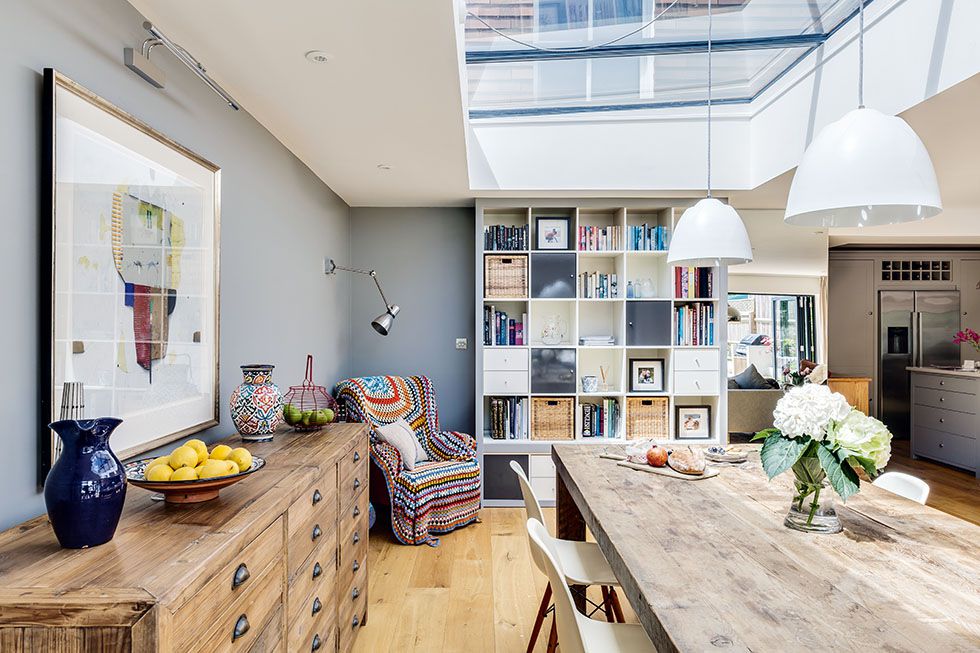
Setting the budget
Setting the budget is vital. This is because a house extension is a considerable investment. We spoke with Real PM Services owner James Hiler to find out more information on the cost. He said “An extension budget can range from a few thousand dollars to hundreds of thousands of dollars depending on the scope of the work.”
When planning an extension budget, take into account the following:
- Are there any existing finishes to be matched or replicated?
- Do existing services need to be relocated?
- Does the work require substantial disruption to the existing building?
- Can waste materials be stored on the site?
- Will materials have to be brought in by hand through the existing building?
- Is there suitable access to the site for plant, machinery and materials?
- Is the existing property a protected structure?
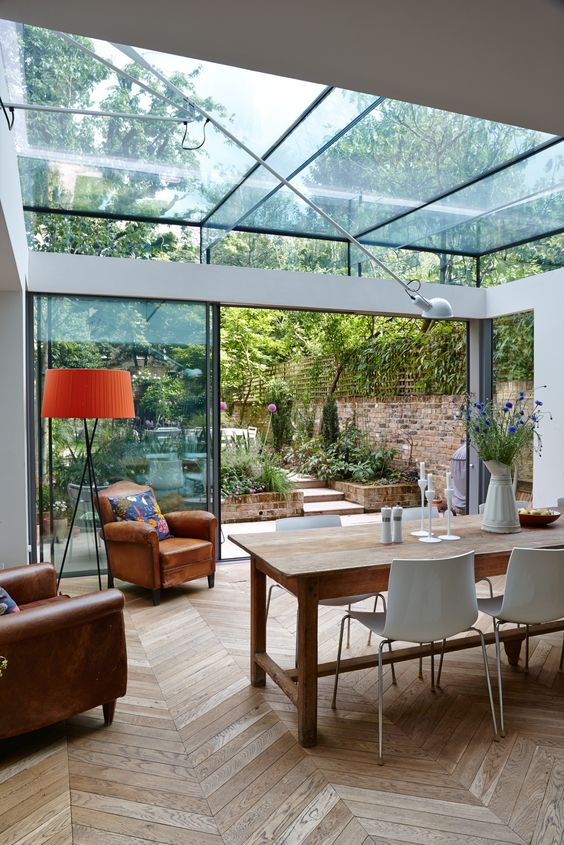
The cost
Once your budget is set up, the next thing is to go about getting quotes. Understanding the cost of the extension beforehand is important. The cost largely depends on the type of materials you use and the design you choose.
To keep costs low, do the following:
- Negotiate trade discounts. Aim to get wholesale or trade prices for your materials.
- Reuse, recycle and repair. Rather than throwing existing materials, reuse or resell them.
- Only work with professionals.
- Keep your extension design simple.
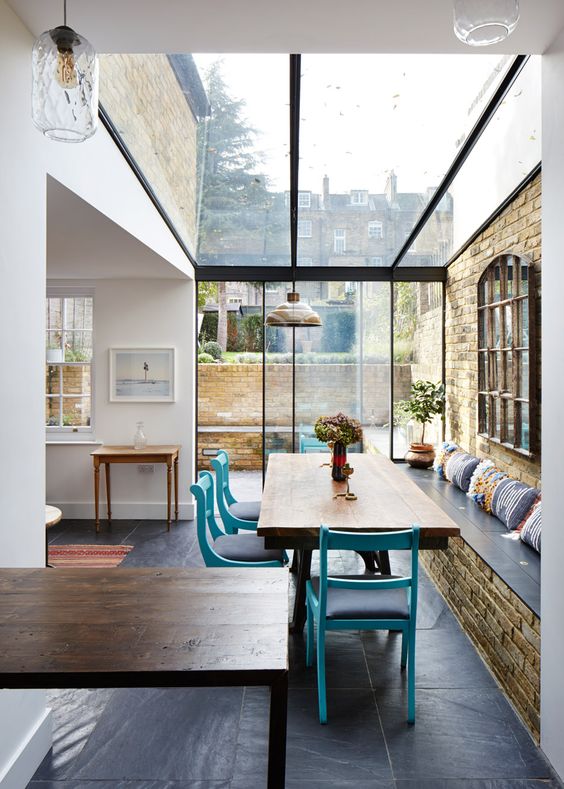
Minimum room sizes
Local authorities require that rooms have specific minimum sizes. Besides health and safety reasons, the right room sizes ensure a quality standard of living.
Here’s a guide:
Function of room |
Minimum Size |
| Hallways and landings | 900mm width |
| Bathroom only | 2.8 sqm |
| Bathroom and WC | 3.6 sqm |
| Kitchen | 7.2 sqm |
| Kitchen/diner | 12 sqm |
| Dining room | 9.5 sqm |
| Living room | 13 sqm |
| Single bedroom | 6.5 sqm |
| Double bedroom | 10.2 sqm |
Aside from the exception of non-habitable rooms such as dining rooms, bathrooms, and kitchens, rooms must always have external windows.
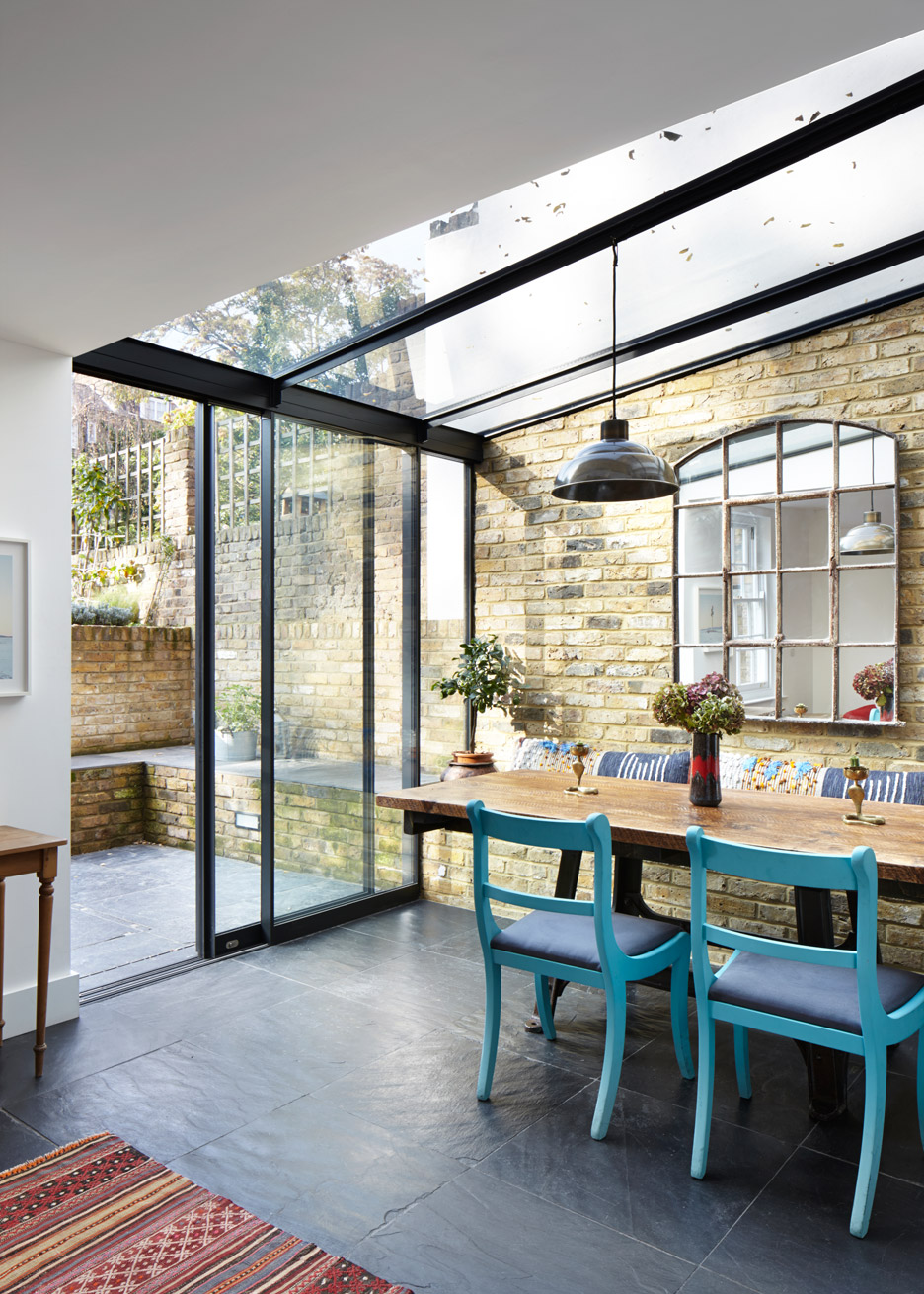
Building regulations
You must always get building permission even if you don’t need planning permission for your extension. These structural regulations lay out minimum requirements for ventilation, damp proofing, energy efficiency, fire safety, structural integrity and other important features.
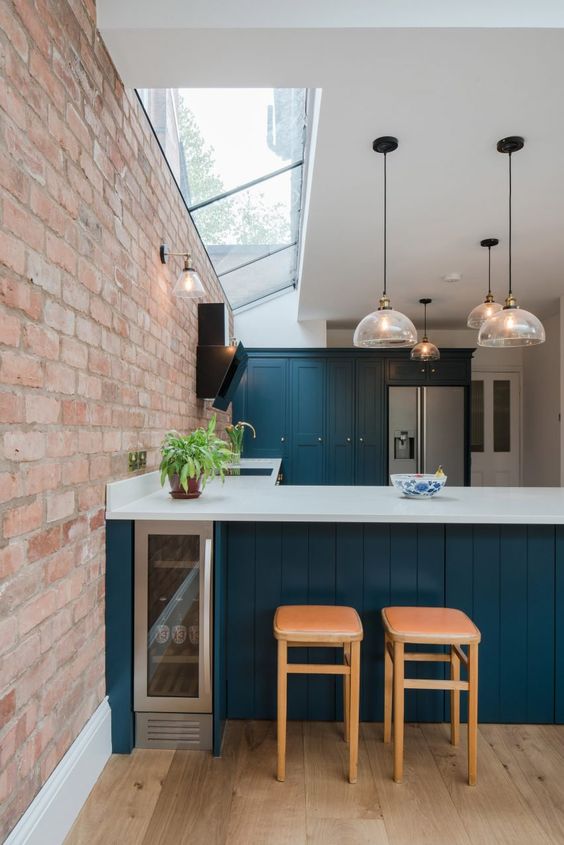
With the exceptions of replacement rewiring, wiring and underpinning, most work involving repairs is usually excluded from the building regulations.
Examples of work that must be approved include:
- Altered openings for new windows
- New chimneys or flues
- Installation of new heating appliances
- Installation of baths and showers
- Loft conversions
- Home extensions such as for a lounge and kitchen
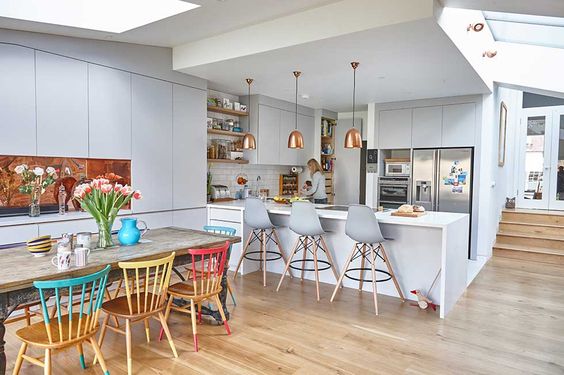
Site insurance
If you are extending, converting or renovating your house, chances are that it isn’t covered by your home insurance. This is where site insurance comes in. It covers self-build, renovation, extension or conversion projects.
With site insurance, you are assured that if anything goes wrong before the completion of your extension, you’ll be covered for any loss.
After you are through extending your house, you could also contact your previous insurance provider to ask whether you can extend your policy. If they can, great. If they can’t, look for one that can. There are many insurance options.
There are many reasons why people extend their houses. Invariably, the desire to extend is a need for additional space. If you are planning a house extension, consider these six things. You will be glad you did!

